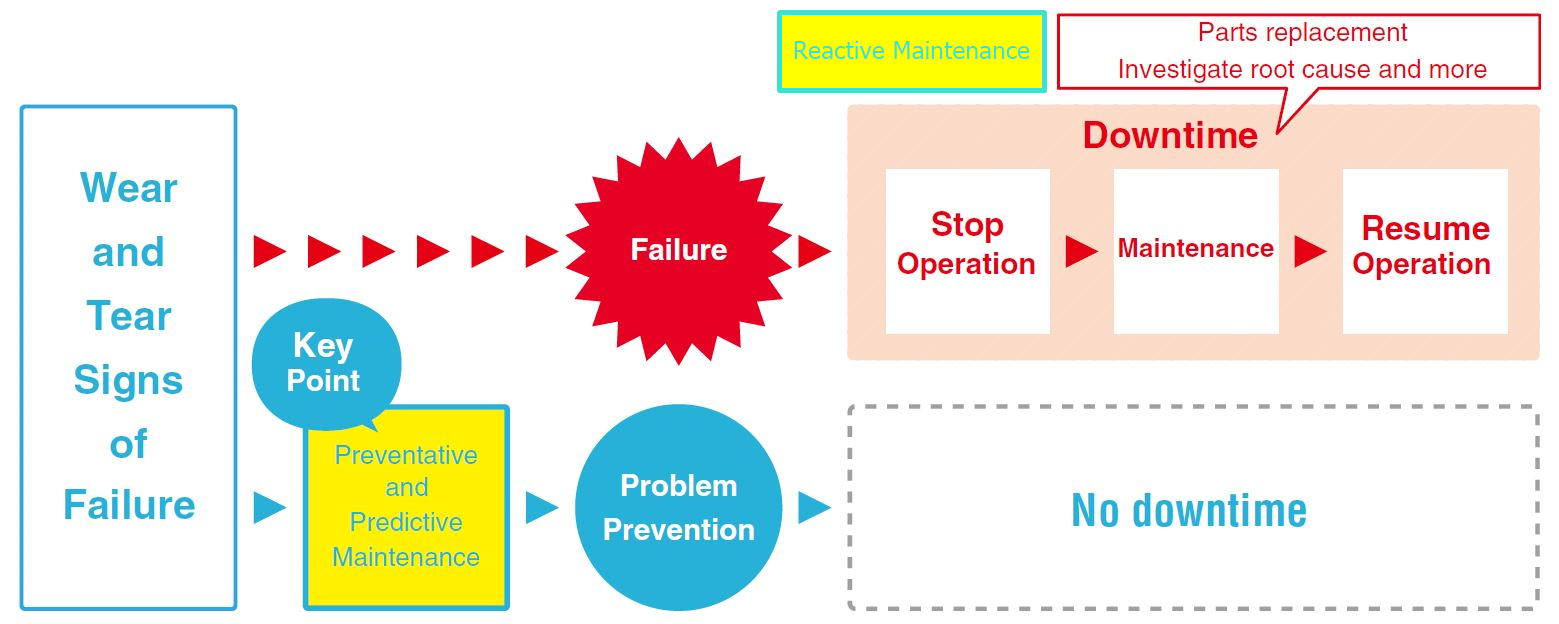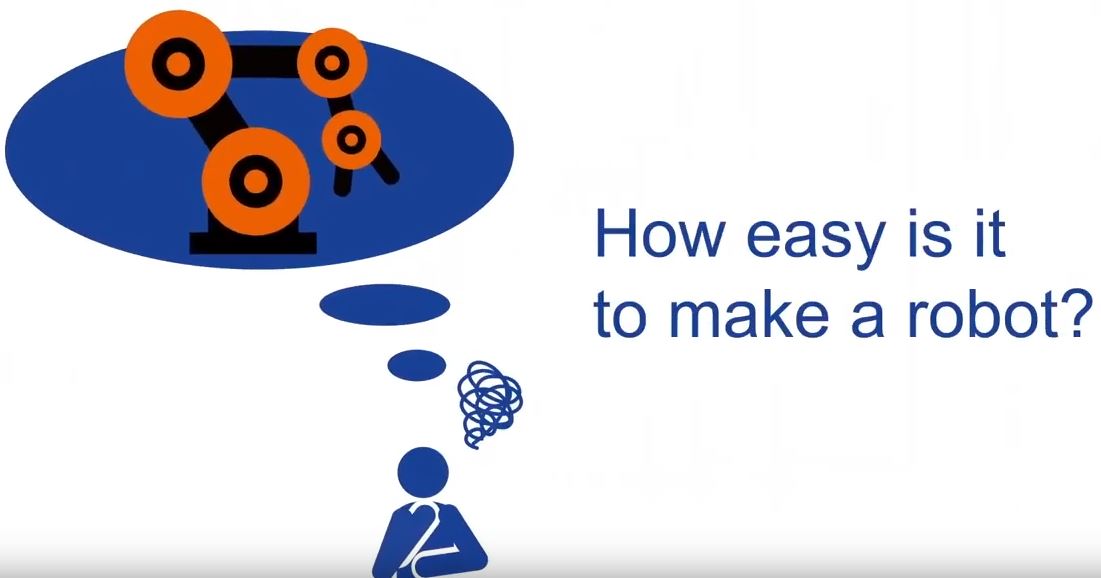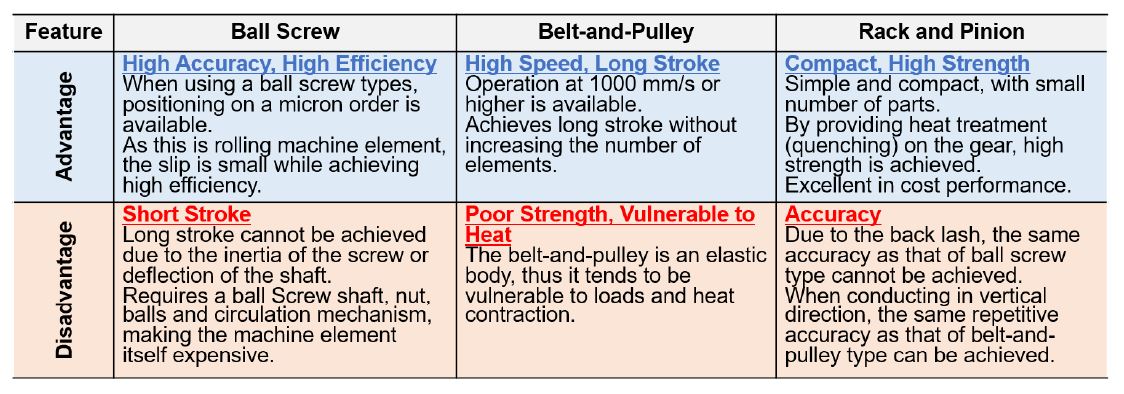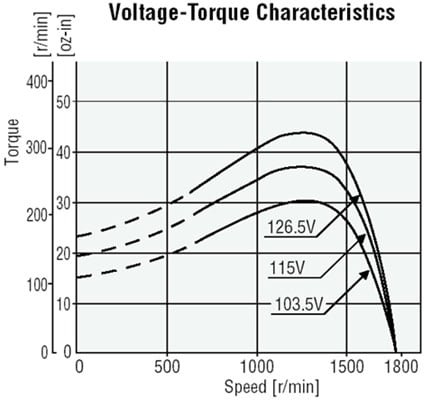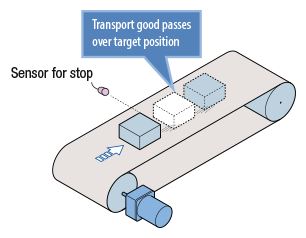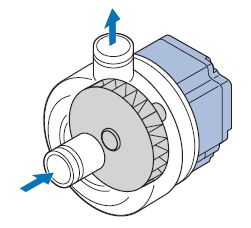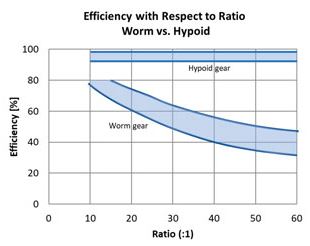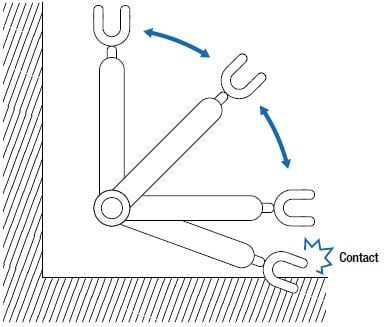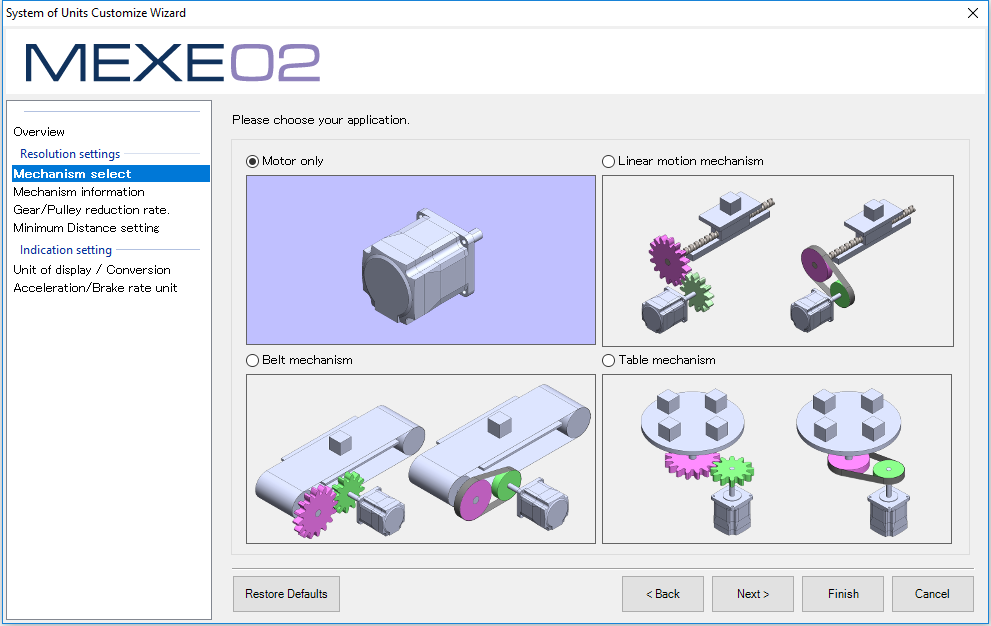The word, "AlphaStep", describes Oriental Motor's patented Hybrid Control technology, which offers improved stepper motor performance by sensing the rotor position and automatically switching between open-loop and closed-loop operation when necessary. This post explains the unique technologies offered within the AlphaStep family of products and summarizes the numerous integrated options available. It also can serve as a website navigation guide (video added).
Welcome to Oriental Motor's "Engineering Notes" Blog:
Products and technology are only valuable when coupled with skilled people and services to support them. Since 1978, ORIENTAL MOTOR U.S.A. CORP. has been building a service and support system to better serve customers. It is our goal to provide the best product and service from the design phase, through the sale and beyond.
Our blog will feature:
- Introduction to new products and technologies
- Motion control basics and application examples
- Tips for motor selection, programming, and troubleshooting
Johann Tang
Recent Posts
Topics: Stepper Motors, Absolute Positioning, Alphastep Hybrid Control, Linear Actuators, VIDEOS, Gearheads, Software, Network
Reactive vs Preventive vs Predictive Maintenance: Why Predictive Maintenance is Better
Along with the advancement of industrial technology, maintenance methods of motion control components of a machine, such as motors, drives, and sensors, have also evolved.
Most of us still use the traditional "reactive" maintenancemethod in many aspects of life, such as replacing a dishwasher in your kitchen. People don't buy a dishwasher until theirs doesn't work anymore. Well, for factories that rely on consistent uptime for production, this wasn't the best strategy. Realizing the need for improvement, maintenance personnel started to estimate life and replace motion control components before they failed. This is called the "preventive" maintenancemethod, which also wasn't a perfect strategy for cost. More recently, with the advancement of IIoT (Industrial Internet of Things) technologies and real-time availability of status data, another method was made possible - the "predictive" maintenance method.
Topics: Stepper Motors, Linear Actuators, VIDEOS, Network, Application Examples
Robot adoption is increasing in many industries due to global efforts in reducing long term costs, maintaining quality, and freeing up time for humans to do "human" tasks. For example, by using a robot to clean floors or restock shelves in a supermarket, human employees can spend more time helping or selling to their customers. A company can either tap into this robotic trend by buying ready-made robots, or by making their own with less cost.
If engineering resources are limited, selecting the right components can reduce the difficulty and time for building a robot.
Topics: Stepper Motors, Robotics, Absolute Positioning, Alphastep Hybrid Control, Linear Actuators, Motor Sizing, VIDEOS, Gearheads, Software, Application Examples
Benefits of an Absolute Rack and Pinion System Compared to Other Linear Motion Mechanisms
There are many mechanisms that convert rotary motion of an electric motor to linear motion, such as belt/chain drives, screw drives, rack & pinion drives and even CAM drives. Each mechanism offers advantages and disadvantages. Choosing the right technology can help increase load, speed, travel distance, or positioning accuracy.
Topics: Absolute Positioning, Alphastep Hybrid Control, Linear Actuators, VIDEOS, Vertical Lifts, Application Examples
Eliminate Motor Speed Fluctuations Caused By Input Voltage or Load Variance
An AC motor can be simple to use, but its speed changes according to the size of the load or amount of voltage supplied. For an application where keeping a uniform speed is important, there is another type of motor that can improve performance.
Topics: AC Motors, Speed Control, VIDEOS, BLDC Motors, Application Examples
Are you using motors for a start/stop conveyor or similar application? While AC motors are a common choice for conveyors, there is a unique speed control motor solution available that could improve stop accuracy as well as reduce footprint and cost of machine designs.
Topics: AC Motors, Stepper Motors, Speed Control, VIDEOS, Application Examples, Conveyors
What motors do you use for pumps? For variable speed pump applications that typically use 3-phase AC induction motors with variable frequency drives (VFDs), there is another type of motor that can transfer fluids more consistently and help reduce footprint.
Topics: AC Motors, Speed Control, VIDEOS, BLDC Motors, Pumps, Application Examples, Medical
Right Angle Gearheads: Why are Hypoid Gears Better Than Worm Gears?
As efficiency becomes increasingly important, another type of gear is being adopted for right-angle gearheads over the common worm gears.
Topics: AC Motors, Speed Control, BLDC Motors, Gearheads
Simple Method to Limit Motor Operation Range for Robotics Safety
In the world of industrial robotics, there are several types of robots typically offering multiple axes of motion for tasks such as parts assembly, material handling, or pick and place operations. These include articulated robots, cartesian/gantry robots, SCARA robots, and Delta robots. Variations of end effectors such as grippers, welders or part rotators can be mounted on the end of the arm to perform different tasks. Depending on number of axes or load capacity, costs can easily add up. Limiting the operation range for these robotic axes of motion is an easy way to prevent costly problems or safety issues later.
Topics: Stepper Motors, Robotics, Absolute Positioning, Alphastep Hybrid Control, VIDEOS, Software, Application Examples
Introduction to the MEXE02 Universal Motion Control Support Software
The MEXE02 support software is a universal motion control and monitor software used with multiple products from Oriental Motor, such as the AZ Series, RK2 Series, BLE2 Series, and BX2 Series. This article is useful for first-time users to gain a quick understanding of the software and what it can do.
Topics: Stepper Motors, Linear Actuators, Speed Control, VIDEOS, BLDC Motors, Software, Servo Motors


